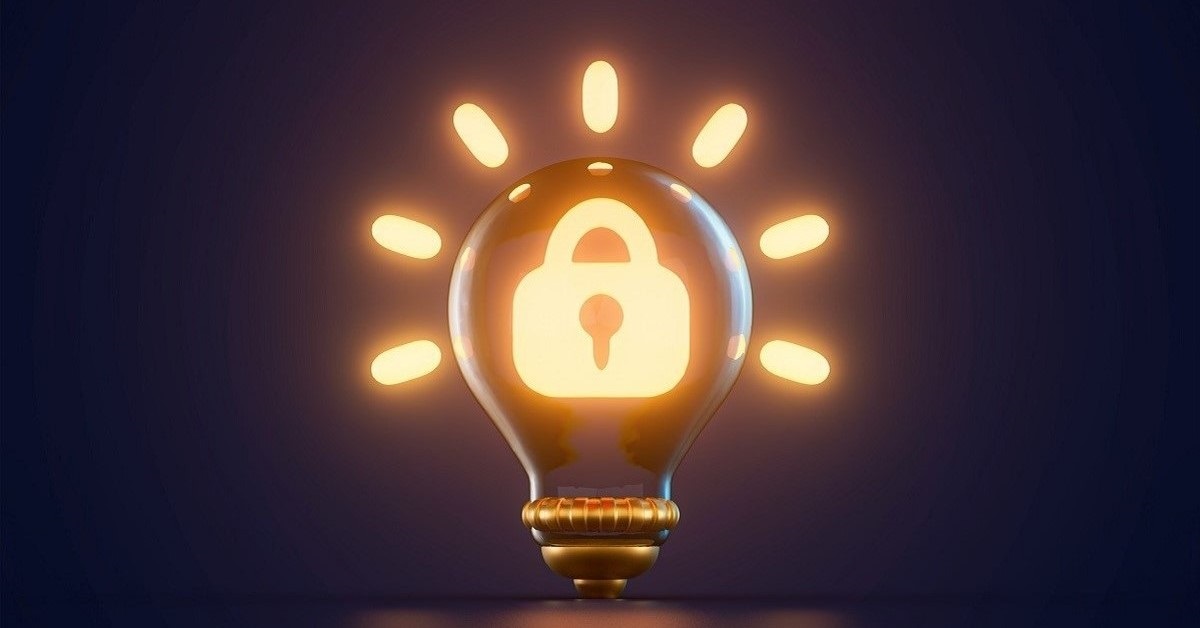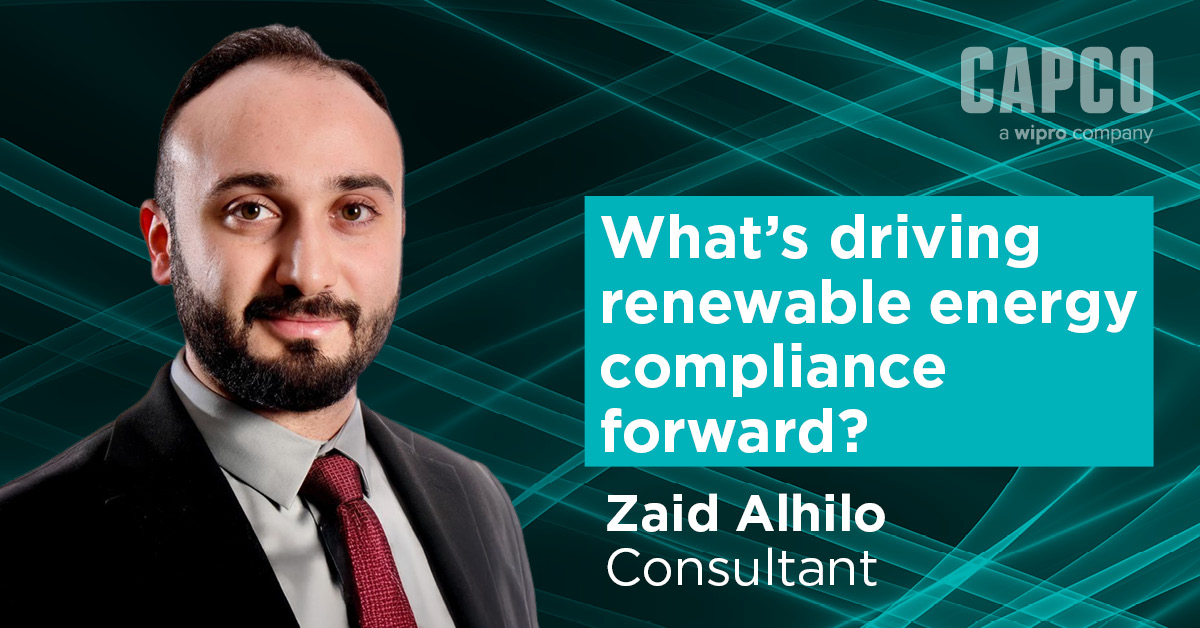Third-Party Verification (TPV) is required by the Federal Trade Commission and most states’ public utility or Public Services Commission for telecom service changes, as well as by many states for changes in electric and natural gas services.
For retail energy providers, you have no choice but to use third-party verification services.
In the future, it’s expected that the need for TPV will be realized for any size company, in any industry, at any time of the year. The value of hiring a TPV provider creates additional security reducing the risk of fraud.
Using TPV services protects your clients’ organization and the reputation of your business. This process helps verify the information transferred by the customer physically, or through call center services so the sales process will continue to run smoothly.
How Utilities and Retail Energy Companies Benefit from TPV
Businesses can access the actual recording of the customers confirming services (and is often used to settle business disputes). Competitive retail energy companies will benefit the most. A professional call center service provider helps retail energy businesses achieve measurable improvements.
With so many data breaches in the news today, it’s normal to worry about the safety of your customers’ data with TPV providers. Businesses need a trusted provider who has completed the research, has the experience, and the infrastructure to be the most secure third-party verification platform available. With all of this in mind, your business needs the following:
- Advanced fraud protection
Look for a company with a platform that delivers a robust fraud prevention capacity. This allows you to closely track and monitor your sales agents in real-time to guarantee a safe and secure environment for all parties. You need a broad list of standard alert notifications that can be configurable by the sales channel and threshold.
- Secure cloud storage
You need a platform that always keeps your information protected – a location where your data is safely stored in the cloud and hosted by Amazon Web Services (AWS), the world’s most secure and widely adopted cloud environment available today.
- Full back-up redundancy for business continuity
A reliable TPV provider should be built on two systems, both on different phone networks. If one system crashes, you’ll feel safe knowing you have the redundancy to back you up. Keeping your services online without any interruption is critical for business continuity.
- SOC-2 Certification
If you’re a service organization that stores, processes, or transmits any type of customer data, you need your TPV provider to be SOC-2 compliant. SOC-2 ensures your company has airtight internal security controls to create a foundation of processes and policies that will help your business scale securely.
Also, SOC-2 certification is the most sought-after certification because of consumer demands. Customers want and need proof that you can protect your data from unauthorized access and theft. When you consider the cost of getting SOC-2 certified, it is nothing compared to being hit with a breach.
Consequences of a data breach
A data breach can hit a company like a tornado.
Before they know it, the company is drowning in losses in every aspect of the business. Some of the most prominent and damaging being financial. A recent IBM report revealed the average total cost of a data breach can cost a company $3.92 million.
A standard of growth for the future
TPV is becoming the standard for all types of transactions where legally binding authentication and confirmations are required, but a signed document is impractical or impossible.
TPV is also being applied in schools for parental program approvals; by local governments as notification of impending actions; in hospitals and in healthcare for records releases; by attorneys for service authorizations; and by service providers for work authorization, and more.
By Ashely Murphy, National Sales Executive, AnswerNet












